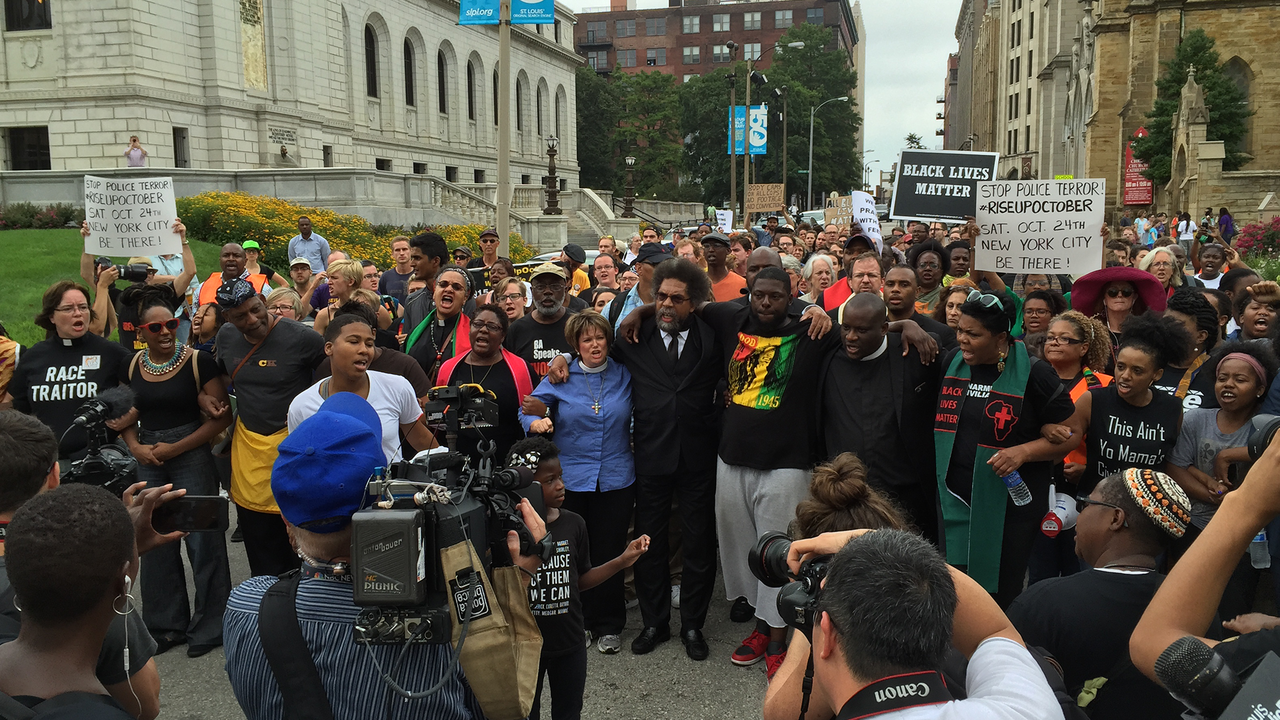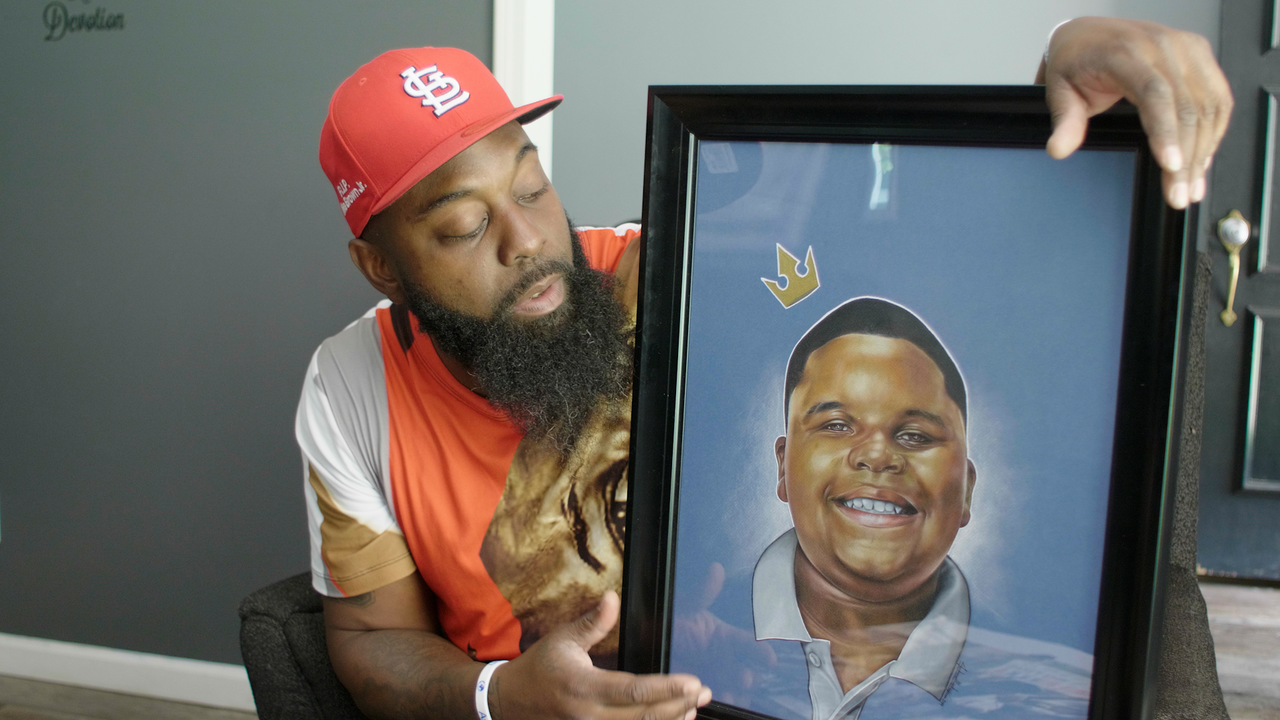Exclusive: Tribeca ‘21 - Director Mobolaji Olambiwonnu talks Ferguson Rises
Showing at the 2021 Tribeca Film Festival is the documentary Ferguson Rises by director Mobolaji Olambiwonnu.
Among the producers are David Oyelowo (Selma, A United Kingdom), Jessica Oyelowo (Nightingale, Captive, A United Kingdom), Tanayi Seabrook (The Cab, From Zero To I Love You), TJ Odebunmi, Daisy Mo, Lisa Smithline, Tamika Lamison (The Last Life, The Black Giandola), Nick Moon (5150)
Before the explosive global uprising condemning the murder of George Floyd, there was a small town in Missouri that erupted in protest after the Aug 9, 2014 killing of unarmed Black teen Michael Brown Jr. by a white police officer. It was this small town and its people that propelled Black Lives Matter to international prominence and inspired a new global civil rights movement. To understand this present moment, we must understand what happened in Ferguson.
FERGUSON RISES goes deep into the aftermath and protests. It also highlights the diverse voices of community members: from residents to police officers, to business owners and those who chose to say "enough is enough" by taking to the streets for a record 400 days straight. These varied perspectives are interwoven with a rarely seen portrayal of a Black father’s grief, to help us understand the human side of this tragedy and to give us an intimate view of what it means to be a Black man in America. Director Mobolaji Olambiwonnu shows us the indomitable nature of the human spirit and how people can take something so tragic and build something beautiful around it.
BlackFilmandTV.com’s Wilson Morales had a chance to speak with Olambiwonnu about putting together this emotional doc.
What was your thinking when you decided to put this together?
Mobolaji Olambiwonnu: This started almost seven years ago after the Michael Brown killing. So my thinking was, how do I tell a story that offers people a more in depth, three dimensional narrative, and also offers people a sense that the world as we know it, is just not completely screwed up, right? At the time I had a child that was ready to be born. He's six now. As a father, I just couldn't leave people with the idea or I couldn't leave my child with the idea that the world has just this screwed up place where black men get killed for no reason, which is true in some ways. I just couldn't leave it with that standard narrative. I wanted him to have a sense that even in the midst of all that tragedy, there's still an opportunity to find purpose, an opportunity to find hope, an opportunity to find some sort of sense of self that is positive. I made this movie essentially, for him.
Throughout the whole time you're putting this together, as you saw other documentaries on this subject come out, was it ever challenging for you?
Mobolaji Olambiwonnu: When 'Whose Streets?' came out several years ago, we definitely had to take a take a look at our doc and say, Okay, how can we further differentiate ourselves from the story that they're telling? So it did definitely. I had to think about ways to further differentiate myself from other stories that were coming out about Ferguson.
How was it in terms of getting your interviewees?
Mobolaji Olambiwonnu: It was difficult. Some people felt allegiances to other films and so they didn't want to be in my film, because they were in another film. They felt like, "I want that person to have the exclusive rights to my story." So it definitely was a challenge to get a lot of people involved. In the case of Ferguson Rises, we had to find other relatives, and other people connected to the incident that were not the same as other documentaries, which is actually good. So I'm glad that it actually worked out that way. Because we all want to get the same people, but in getting different people, it made it a bit more unique, and gives you a different angle and a different take on it than you would get if we went to the same people.
Was it a last minute decision as far as adding other incidents to the to the book end?
Mobolaji Olambiwonnu: It wasn't so much a last minute decision. Over the years, I saw a series of heartening things that happened, where people were standing up and standing with black people, people of different ethnicities, people from different fields, sports entertainment that I just witnessed it over the years. I just felt like it was really important to actually include those inspiring, solid moments and solidarity in the film because I felt like it gave people and would give people a sense of a sense of hope and a sense that they were not in this alone, and I feel like in this particular day, and we as black people just need to understand that, despite how depressing it looks, we're not in this alone and the world is standing up and standing on our side. That's the message I also want to leave my son, the idea of resilience, right? We can deal with pain. We can also find purpose in that pain. We’ve claimed community, that we can stand up and find some sort of unity with people across color lines across ethnic lines, all around the world. That ending really, really represents that opportunity, that this moment offers us right beside the negative negativity in the pain. This moment opposite is an opportunity to really to make connections to build community and to find purpose.






